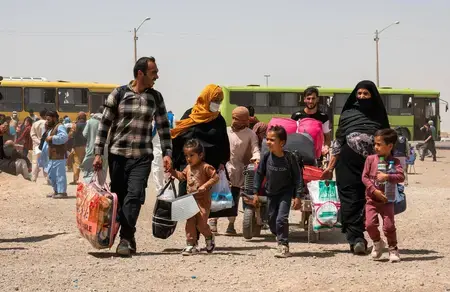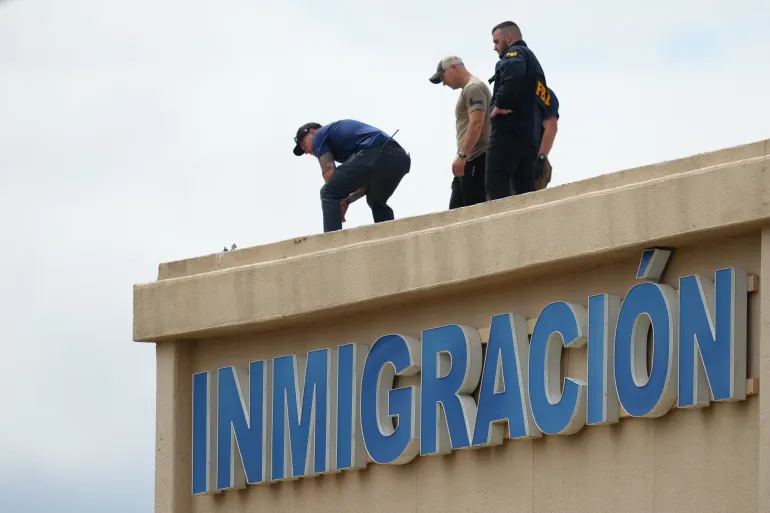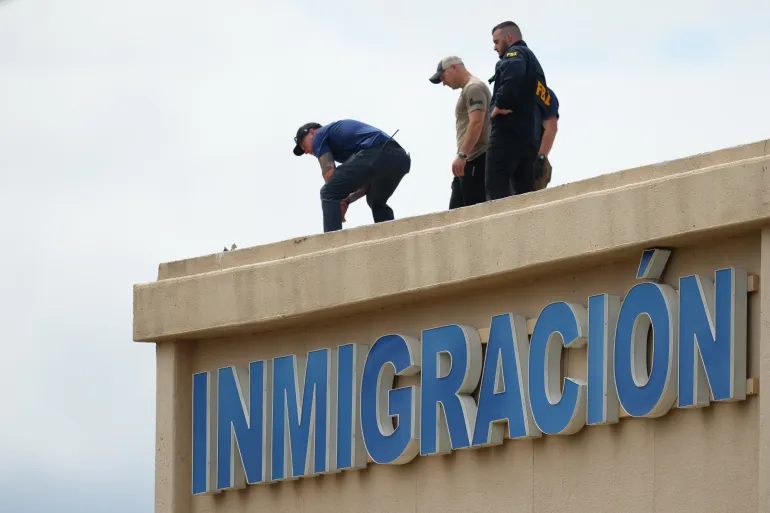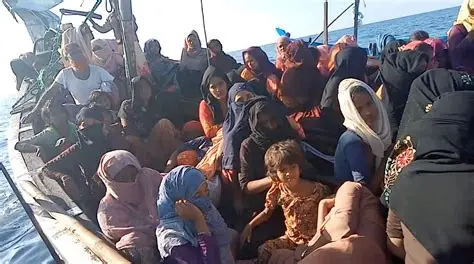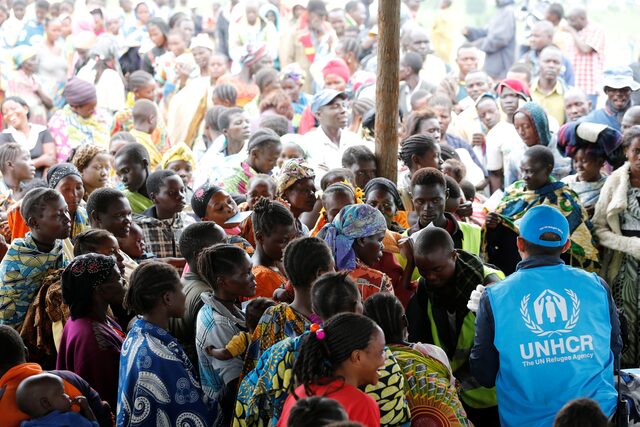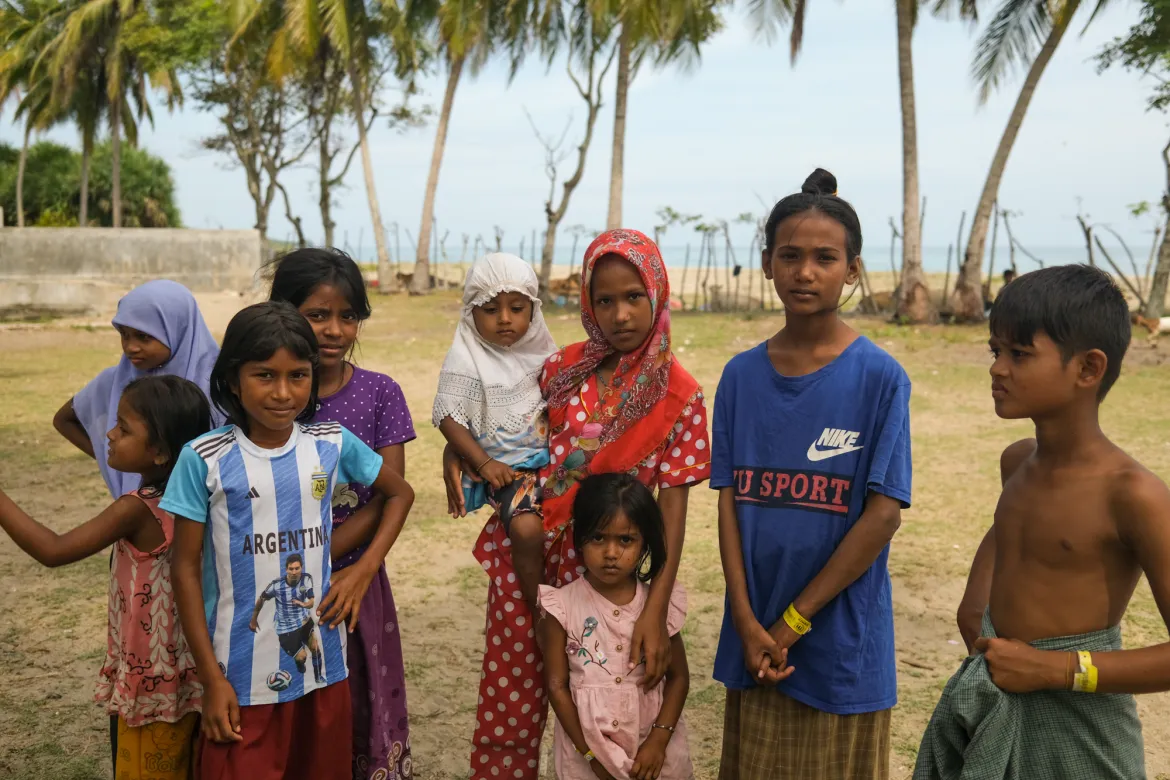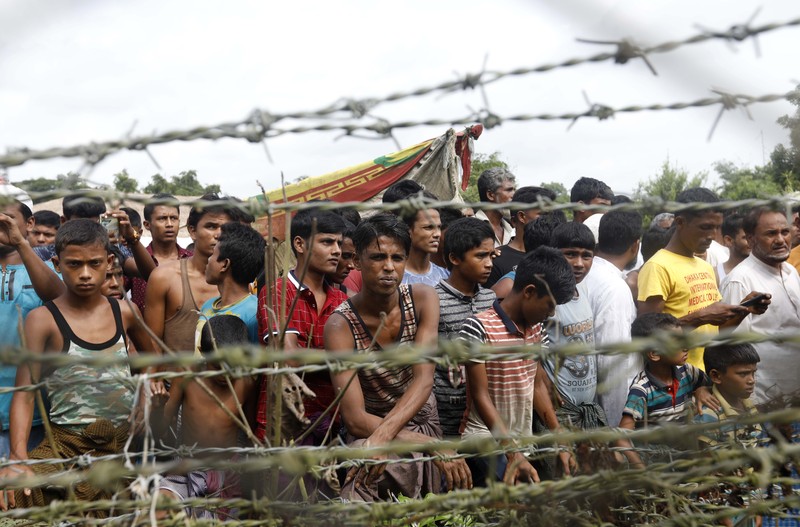Tijuana’s Response to Trump’s Deportation Threats
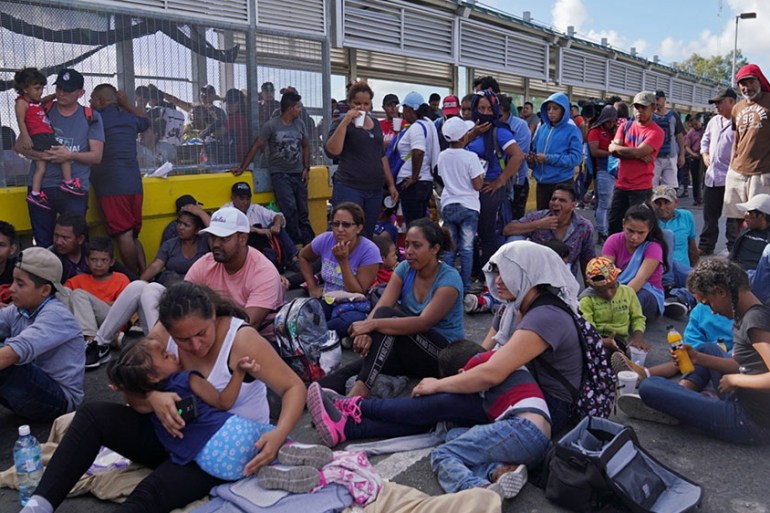
Archive/Al Jazeera.
In the wake of Donald Trump’s election victory, Mexican officials have unveiled plans to establish 25 new migrant shelters along the U.S.-Mexico border. This move comes as a direct response to the looming threat of mass deportations from the United States, which Trump has vowed to enact starting January 20, once he assumes the presidency. With his firm stance on deporting undocumented immigrants, particularly Mexican citizens, these border cities like Tijuana, a mere stone’s throw from San Diego, are preparing to face an unprecedented wave of migrants, many of whom may have deep familial and economic ties to the U.S.
The announcement of these shelters marks a significant shift in the way Mexico is gearing up to address what could become a flood of deportations. The shelters are set to provide temporary refuge to deported individuals, offering them a place to stay and basic services as they navigate their uncertain futures. The scale of these preparations reflects the gravity of the situation, as local officials brace for an influx of thousands of deportees who may be displaced and bewildered by the sudden separation from the country they once called home.
Al Jazeera English traveled to Tijuana, one of the major border cities where these shelters will be located, to witness firsthand how the region is preparing for the potential surge in deportations. The city, known for its bustling economy and proximity to the U.S., finds itself caught in a political maelstrom, as it balances its identity as a border town with the responsibility of managing the human fallout of a policy that could have far-reaching social and economic implications.
Local authorities are already in talks with various non-governmental organizations to ensure that the shelters are well-equipped to handle the diverse needs of deported individuals. The city is also bracing for the emotional toll that will accompany these deportations, as many deportees will likely be separated from family members who remain in the U.S., adding to the already volatile political climate surrounding immigration.
For the people of Tijuana, the uncertainty of what lies ahead is palpable. Many are unsure of how the influx of deportees will affect their daily lives, especially as the city continues to struggle with its own issues of poverty, crime, and access to resources. The situation, though still in the early stages, presents a deeply human challenge, as the people of Tijuana are left to grapple with the question of how to provide dignity and support for those who may have no place else to turn.
The new shelters are a stopgap solution, but they will not eliminate the harsh reality faced by those deported. For many, these temporary havens are just that—temporary. As January 20 draws nearer, the real test for both Tijuana and its people will be how they respond to the ripple effects of the policies about to be set in motion. It is a moment of uncertainty, one where the city’s residents and officials alike will need to dig deep into their reserves of empathy and resilience.
Al Jazeera.
- Most Viewed
- Most Popular


